Shiba Inu
Showing all 7 results
iHeartDogs is Your #1 Source for Shiba Inu Lover Gifts – Shiba Inu Shirts, Shiba Inu Sweatshirts, Shiba Inu Mugs, Shiba Inu Jewelry, Shiba Inu Memorial Products & More!
Each Purchase Helps Provides Donated Food to Shelter Dogs!
Since 2013, iHeartDogs has supported rescues and shelters through each purchase in our Shiba Inu gifts store. Shop shiba inu t-shirts for him, shiba inu shirts for her, shiba inu mugs, shiba inu hoodies & sweaters, shiba inu jewelry, and shiba inu pet memorial gifts.
In our iHeartDogs Dog Health Supplements store, you’ll find Hip & joint supplements for your shiba inu, shiba inu probiotics, CBD for shiba inus, shiba inu allergy supplements & fish oil, and shiba inu dental chews & cleaners.
With the cost of veterinarian care skyrocketing, make sure you compare pet insurance plans for your shiba inu. In recent years, many new pet insurance companies have entered the market and pet insurance for your shiba inu has become more affordable.
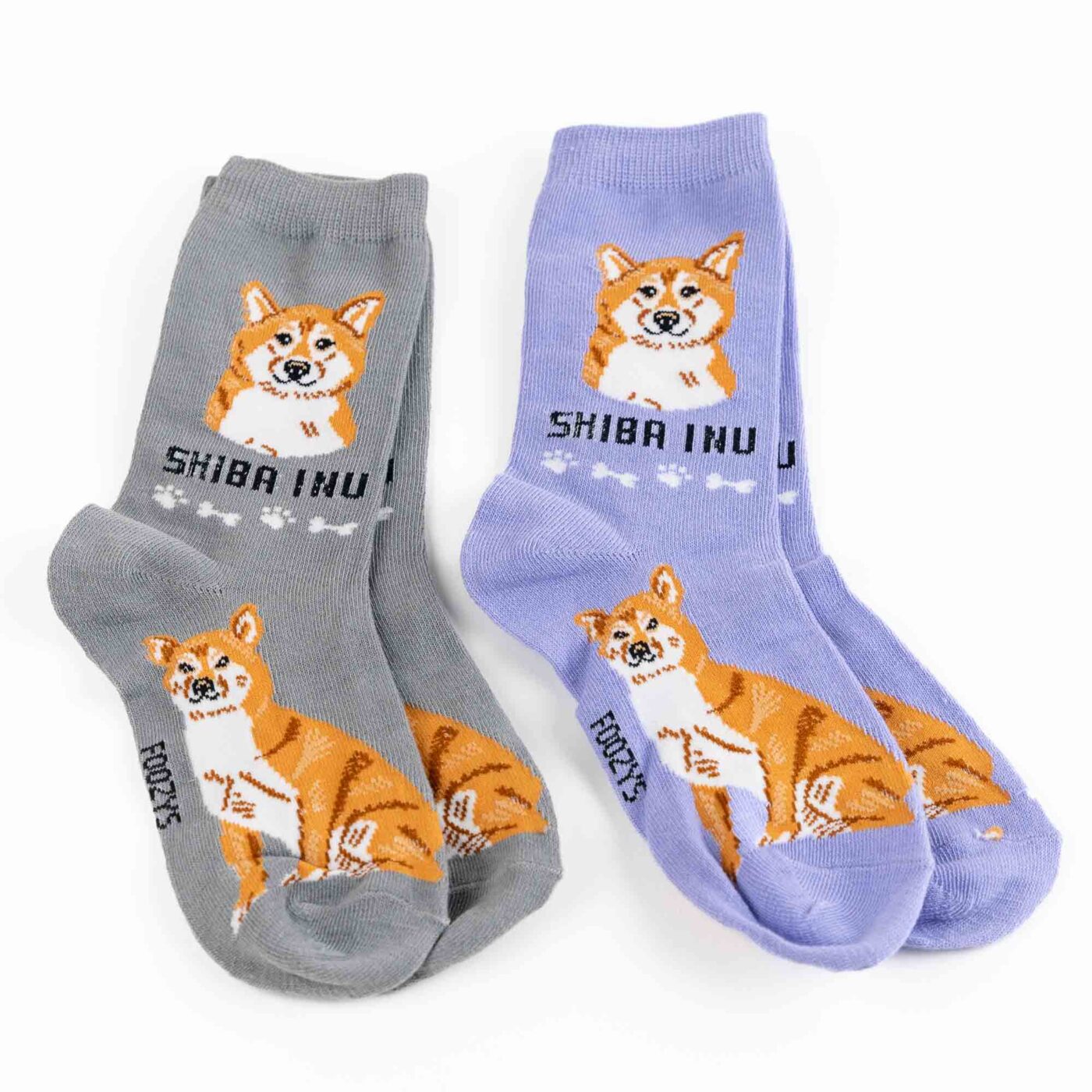


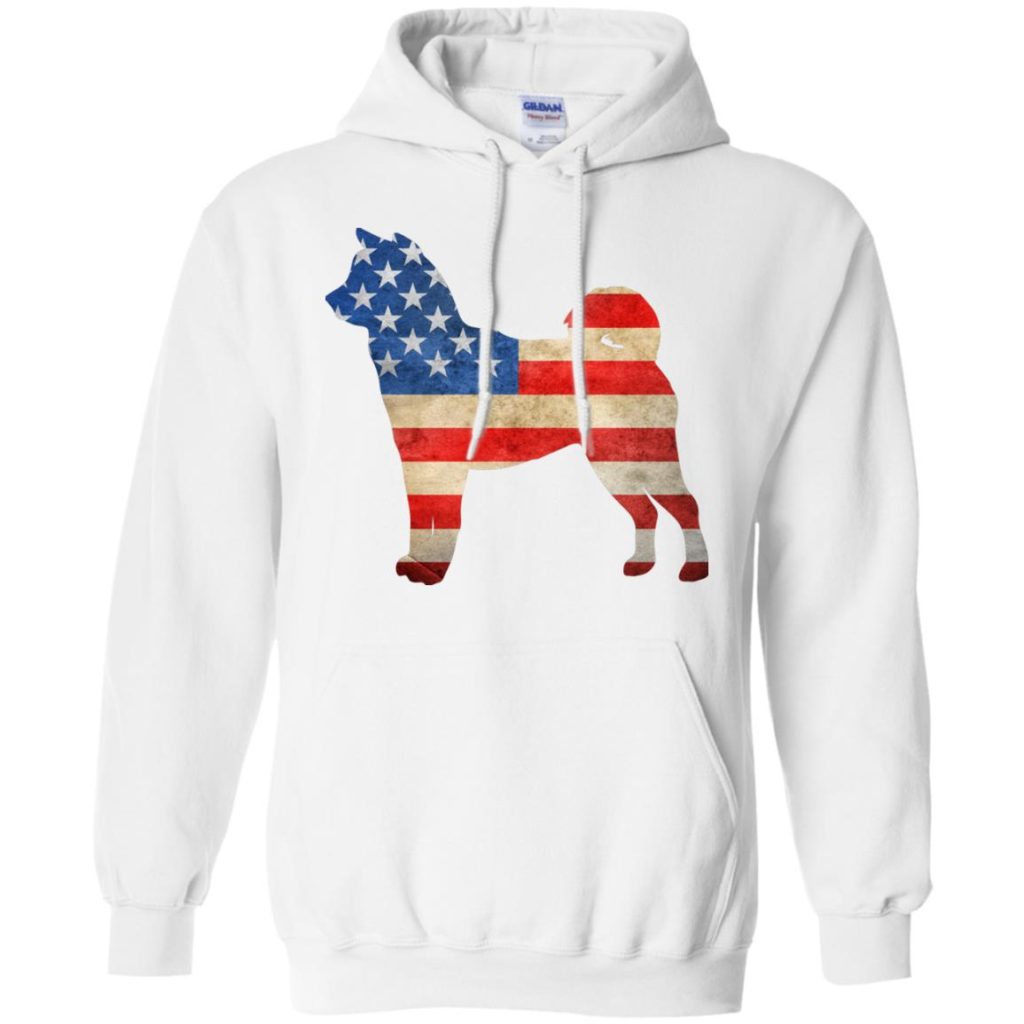
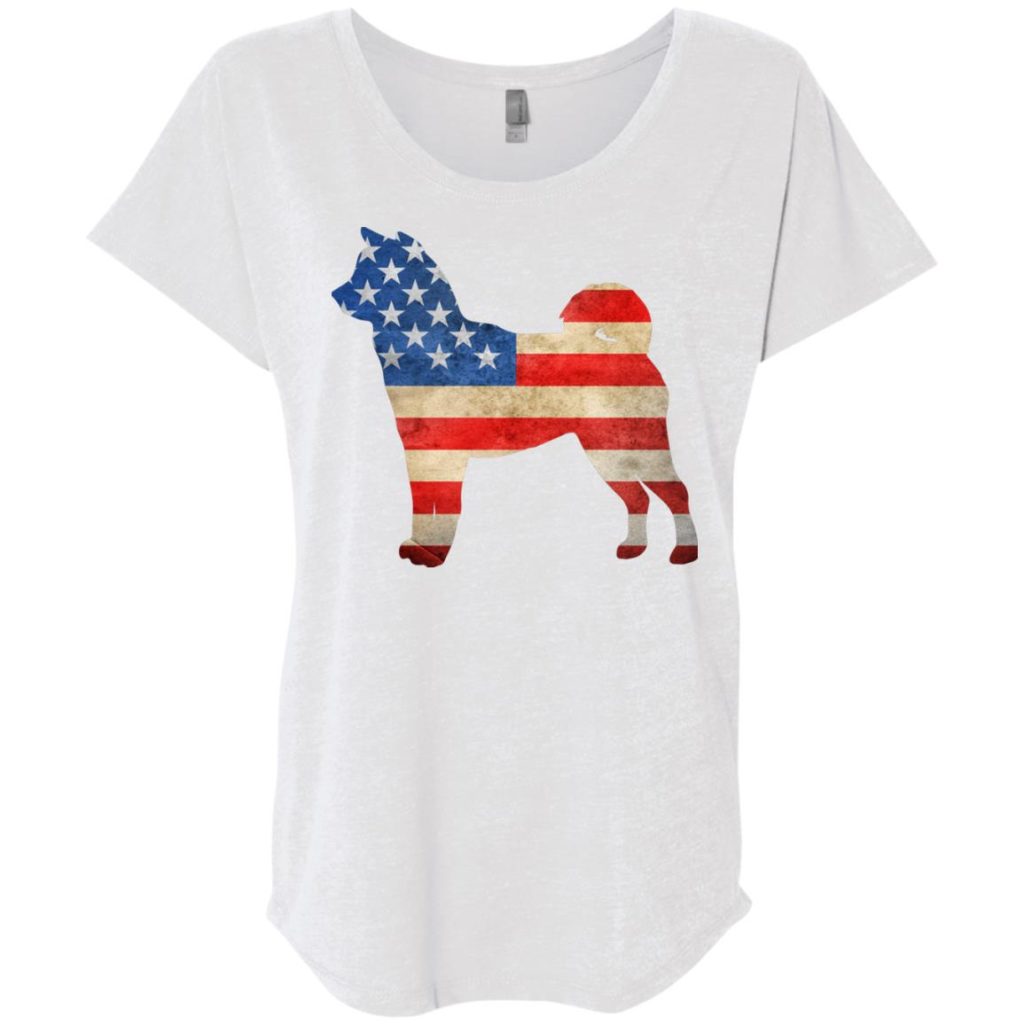

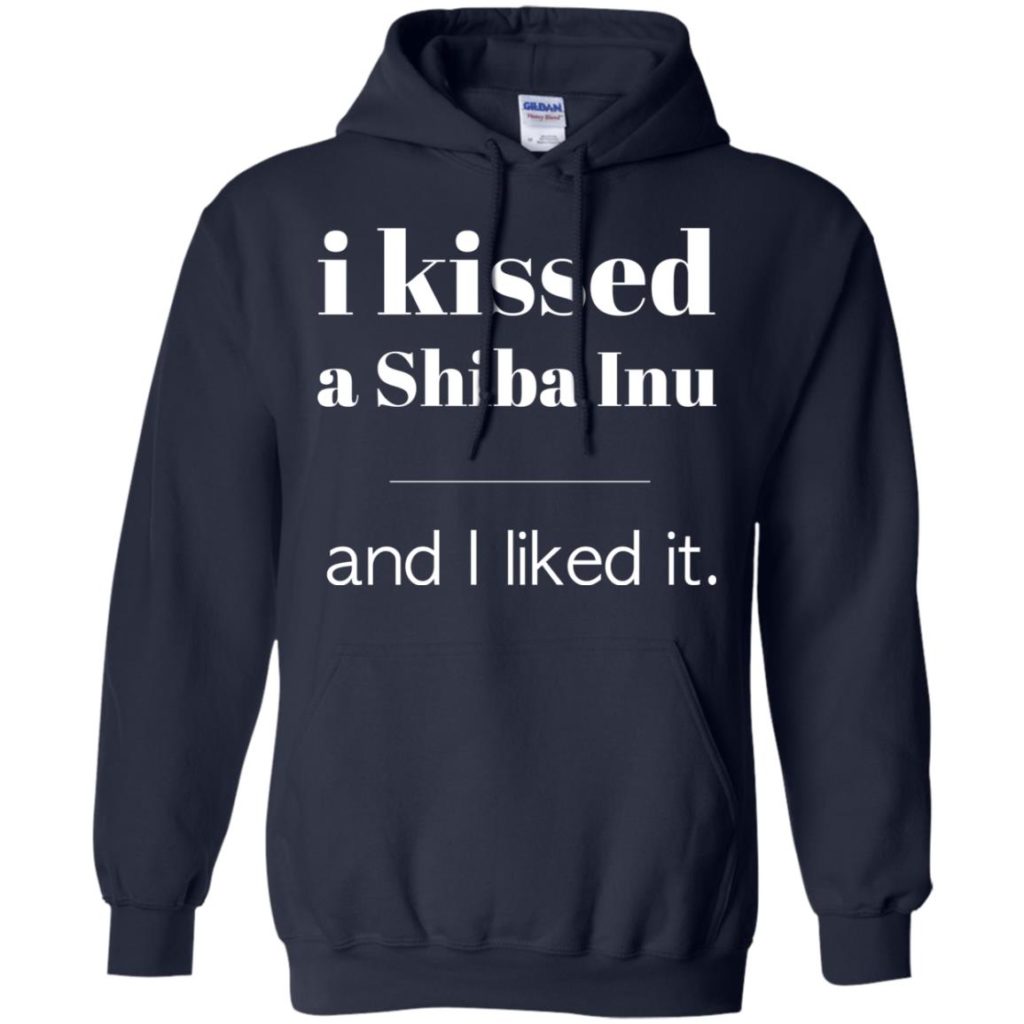

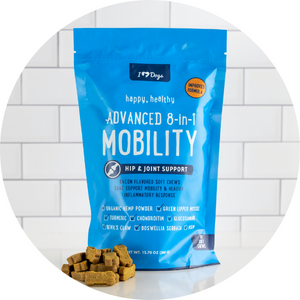
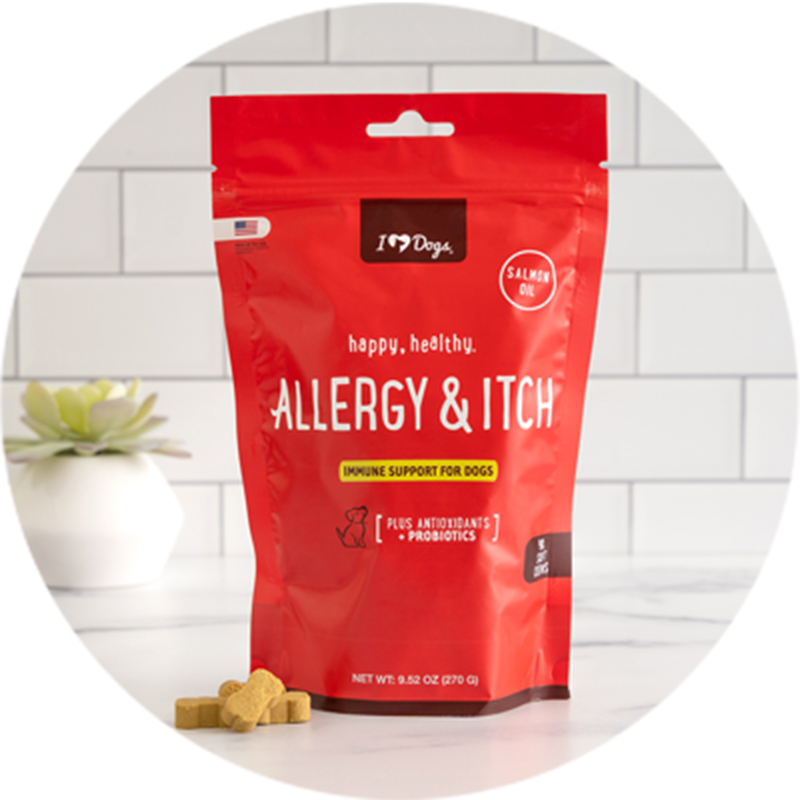
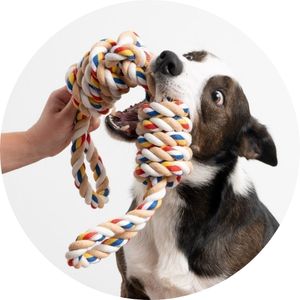
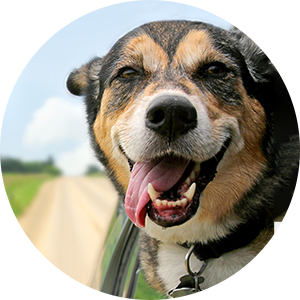
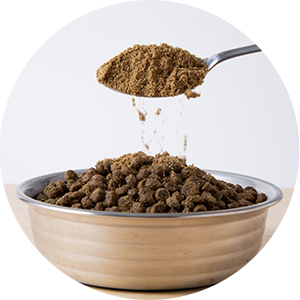
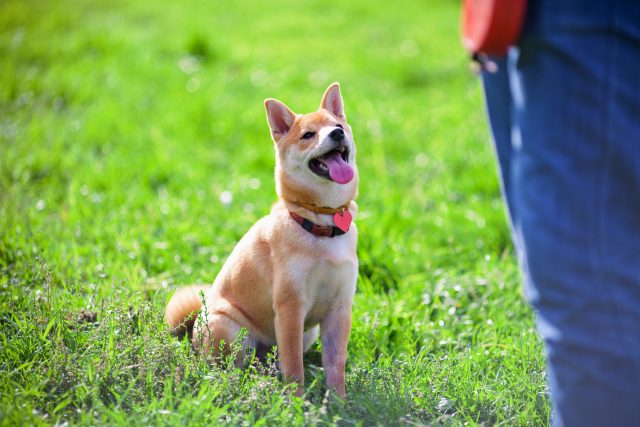

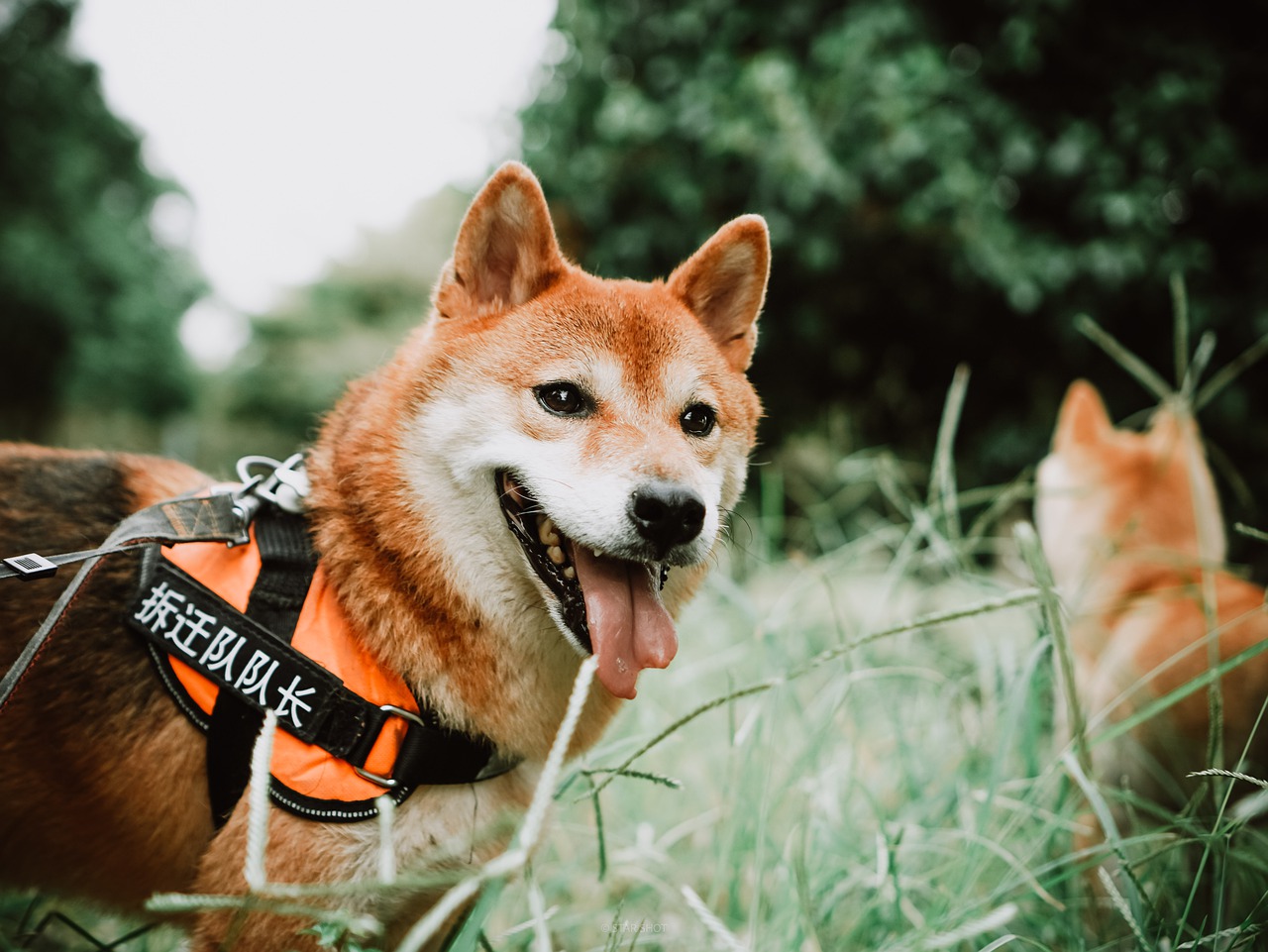
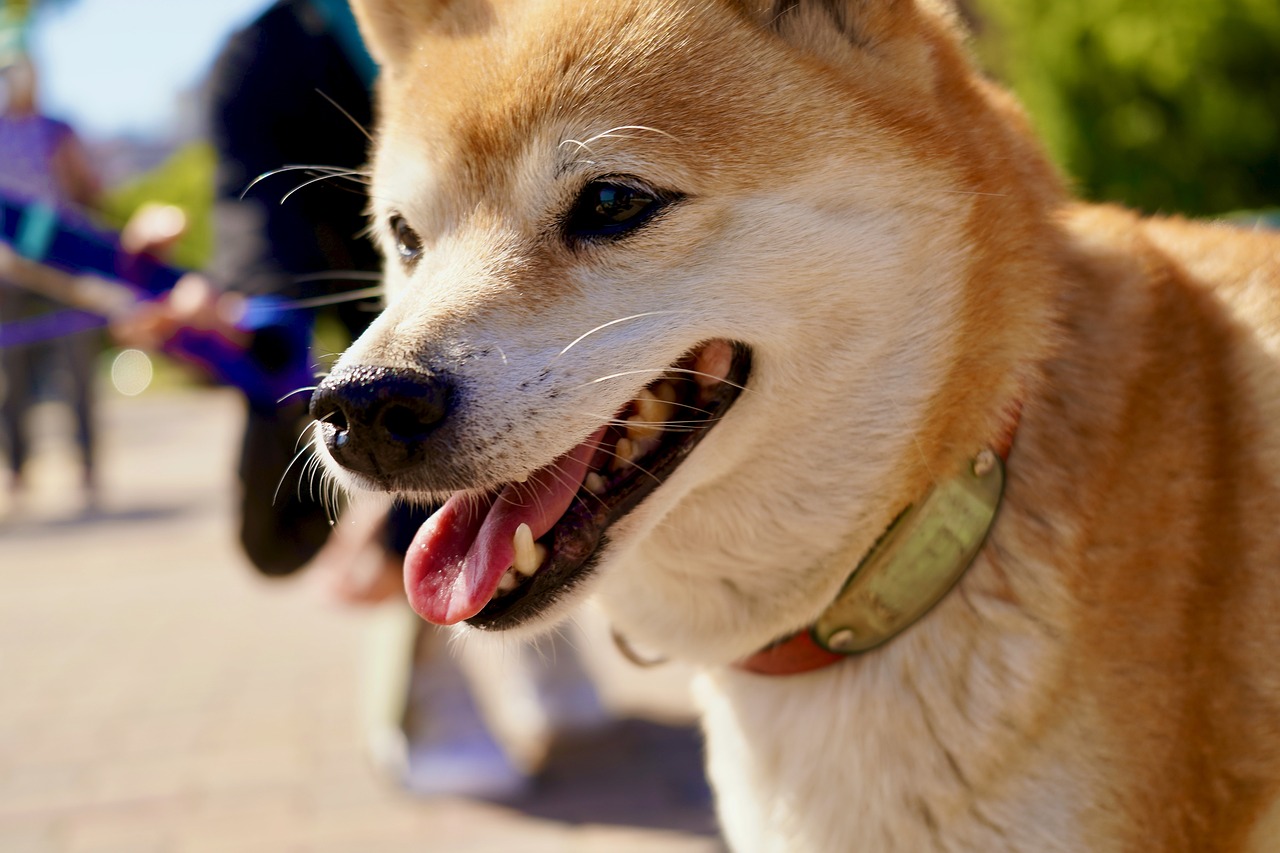
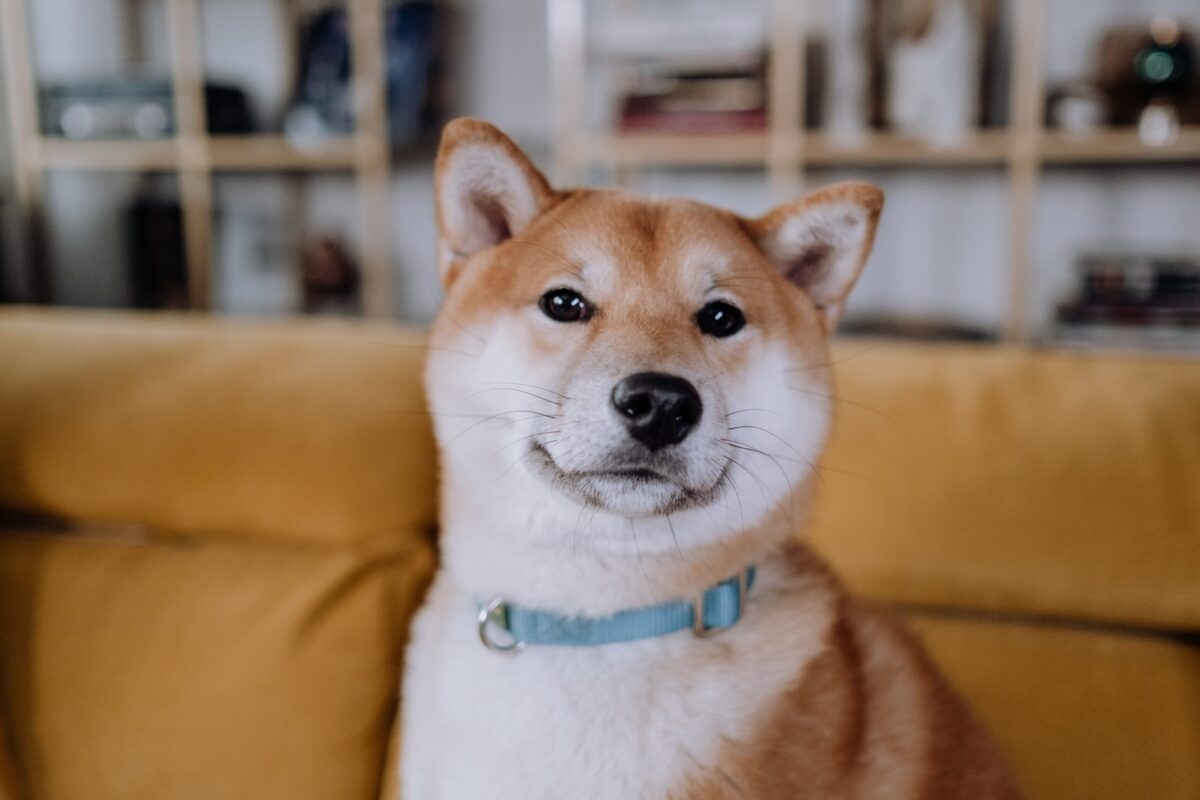

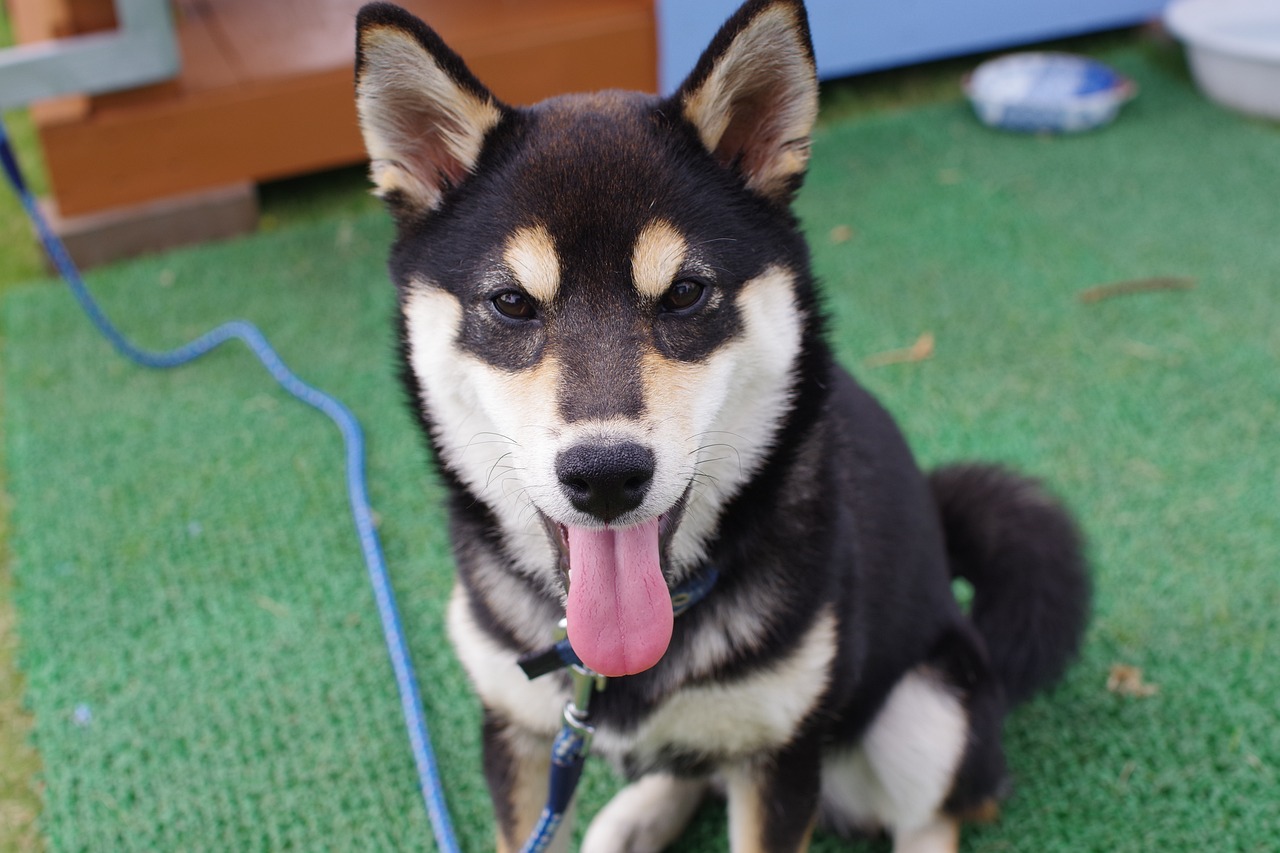
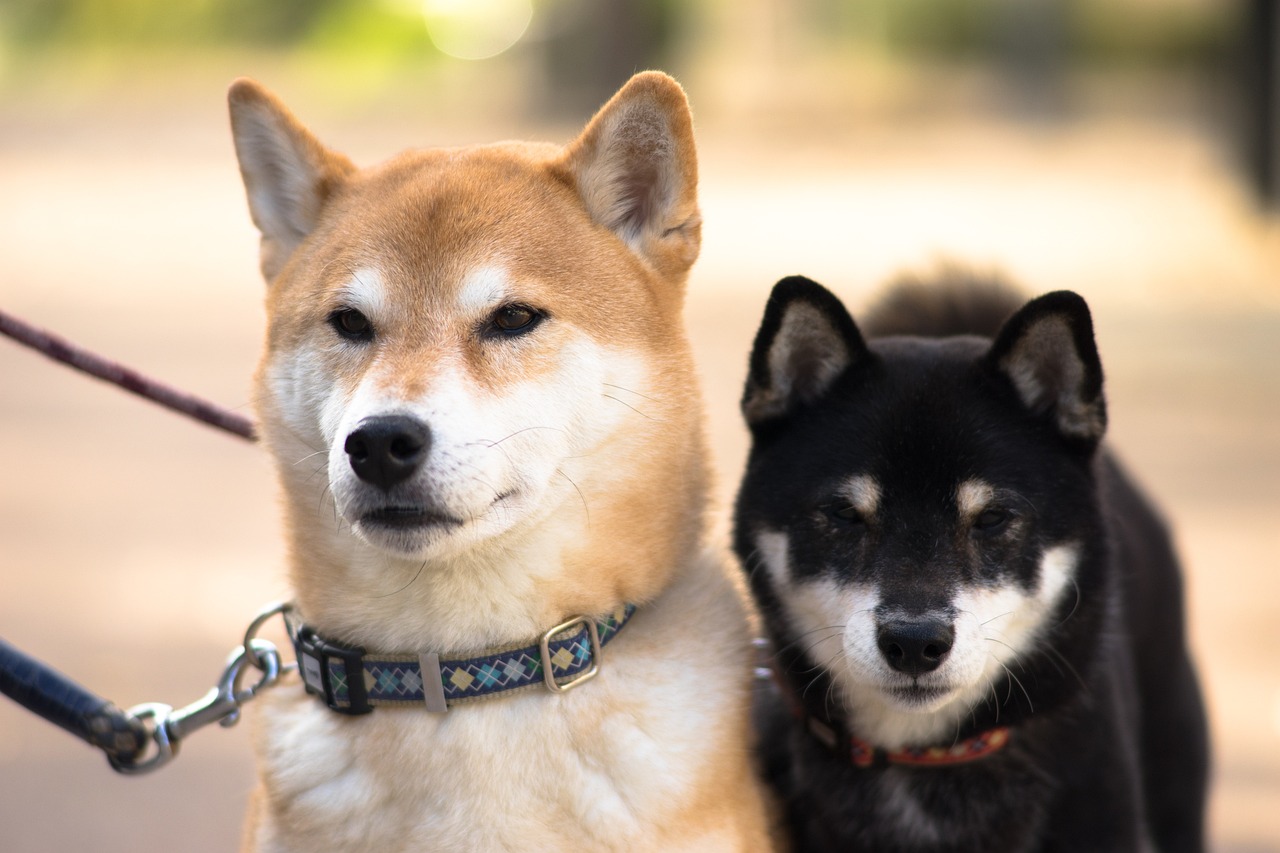
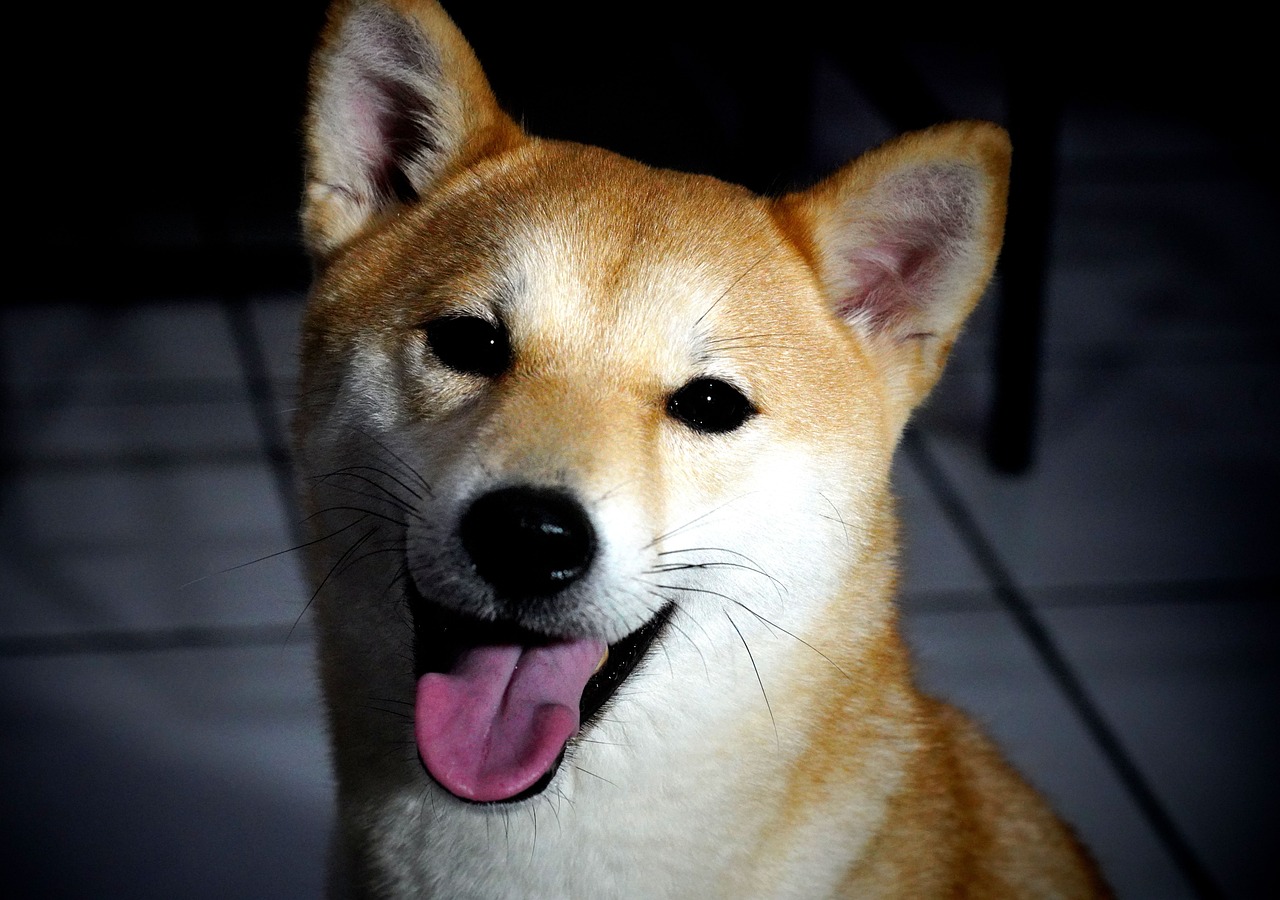
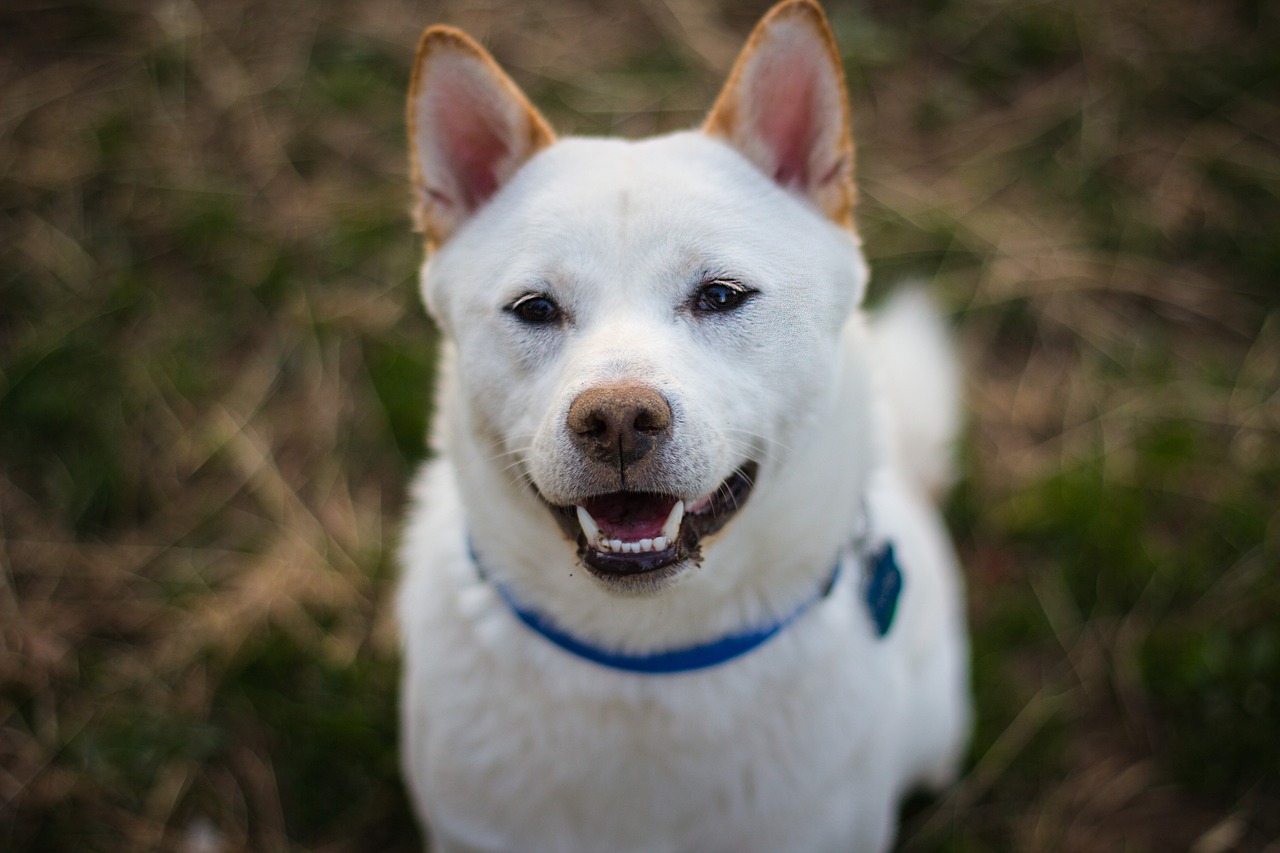
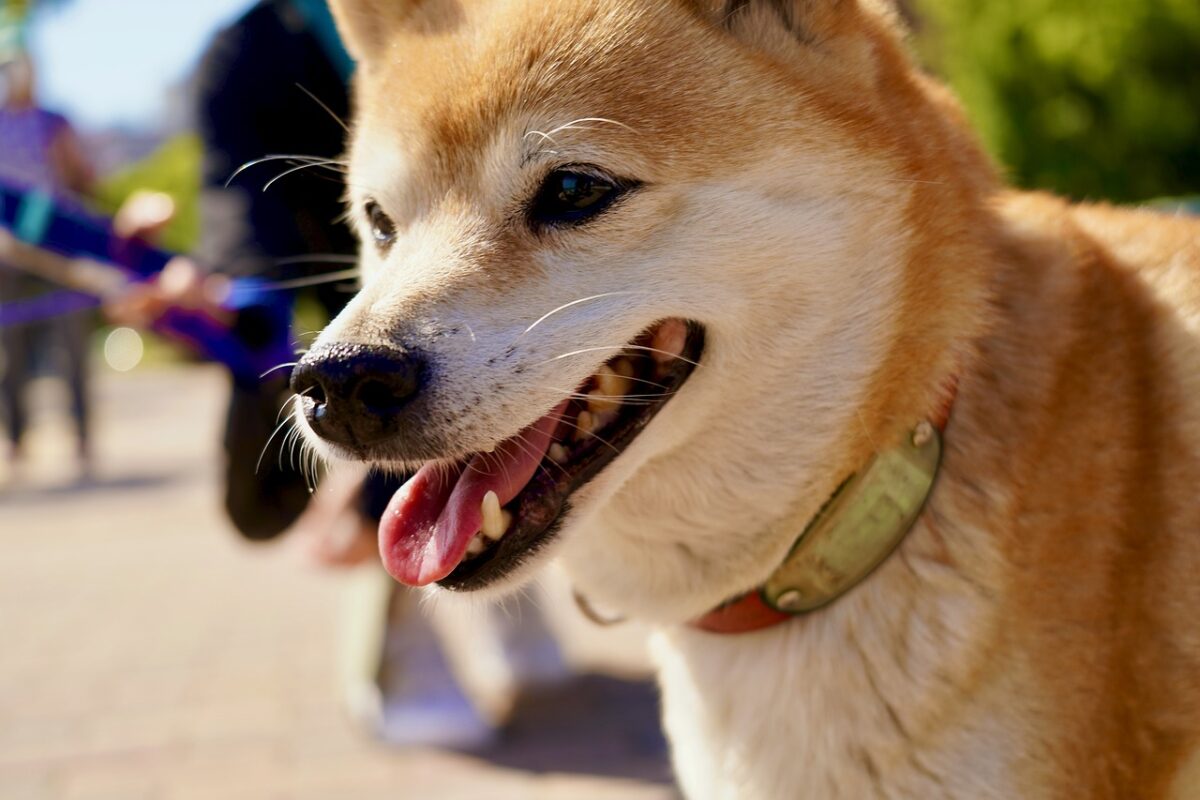
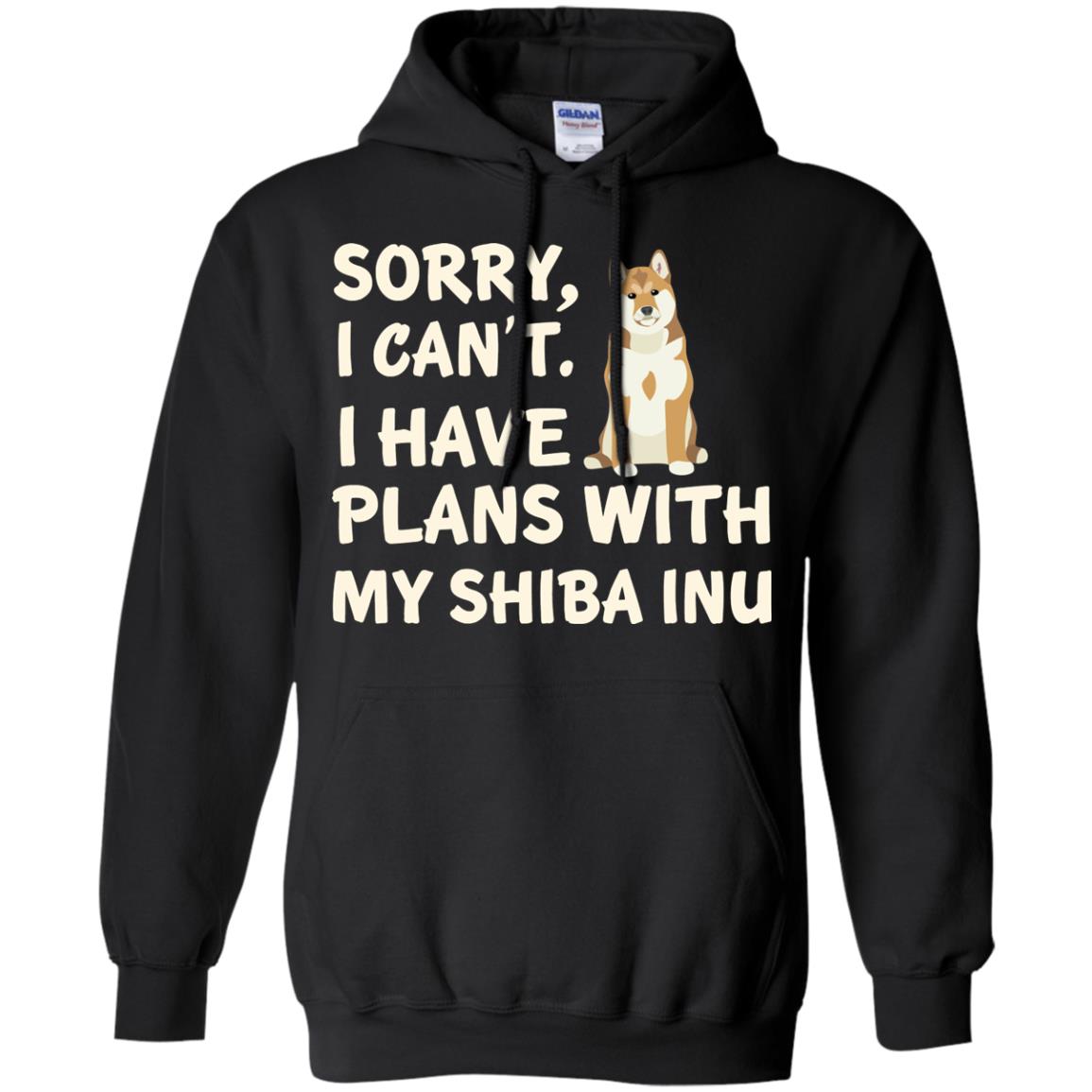
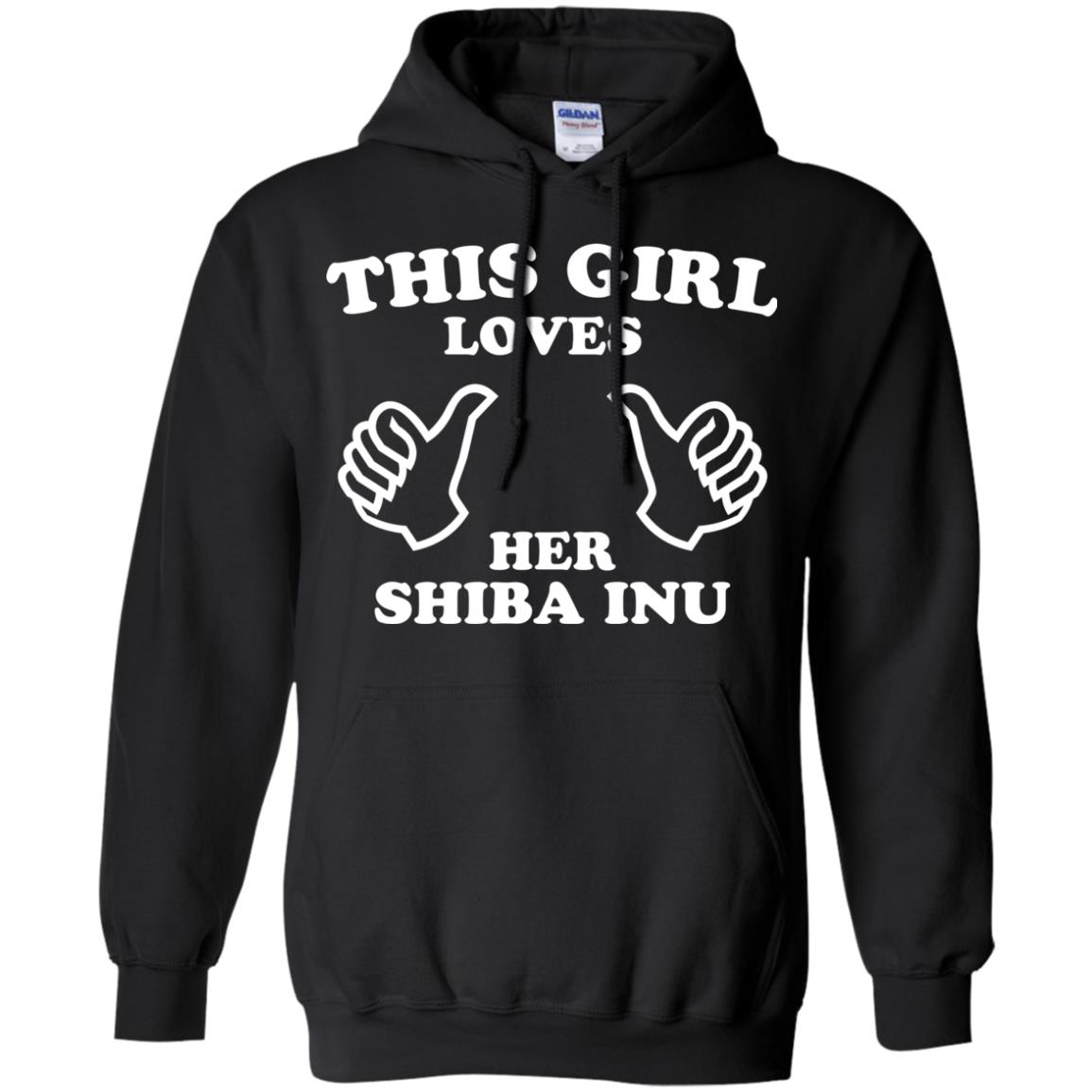
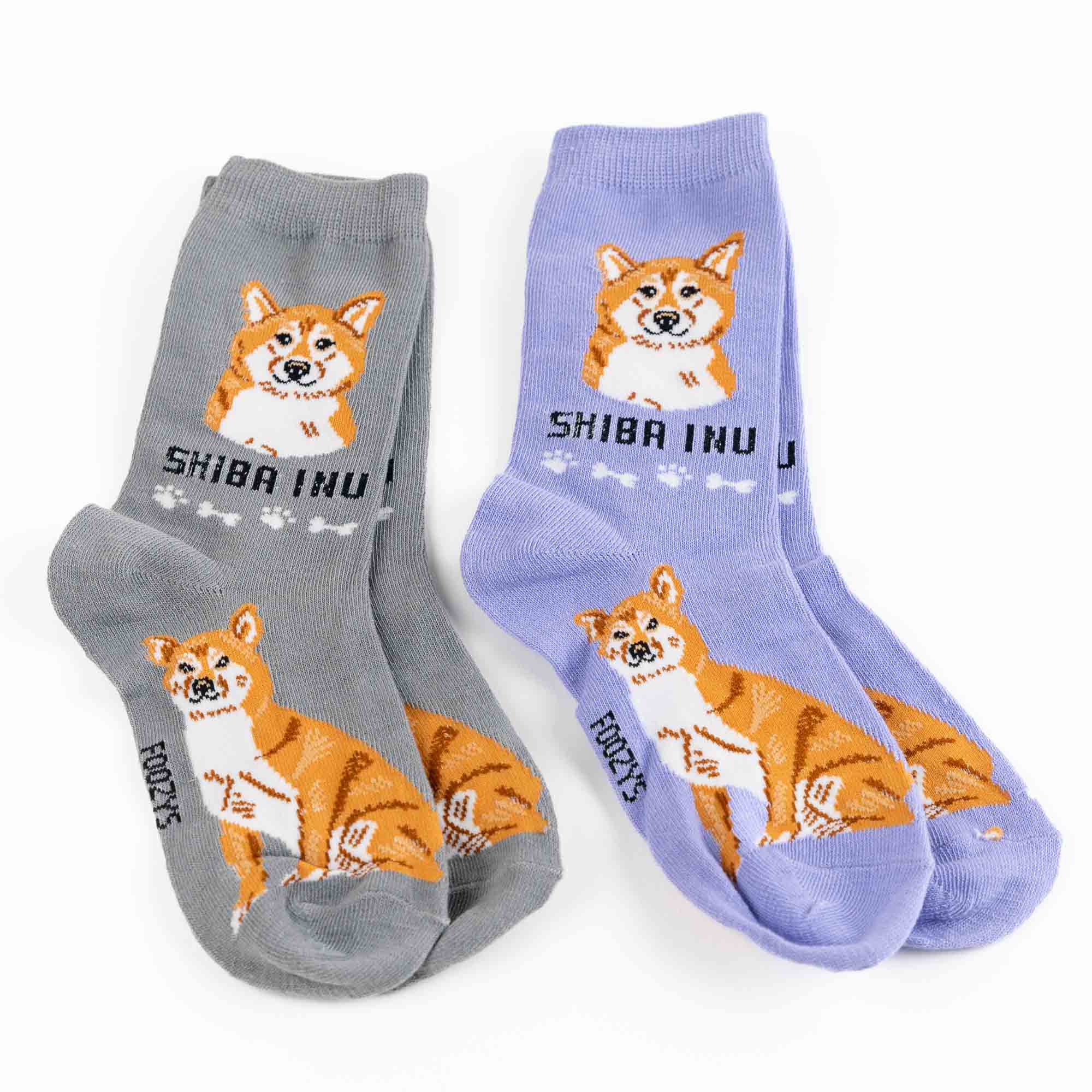
 Toledo, United States.
Toledo, United States.